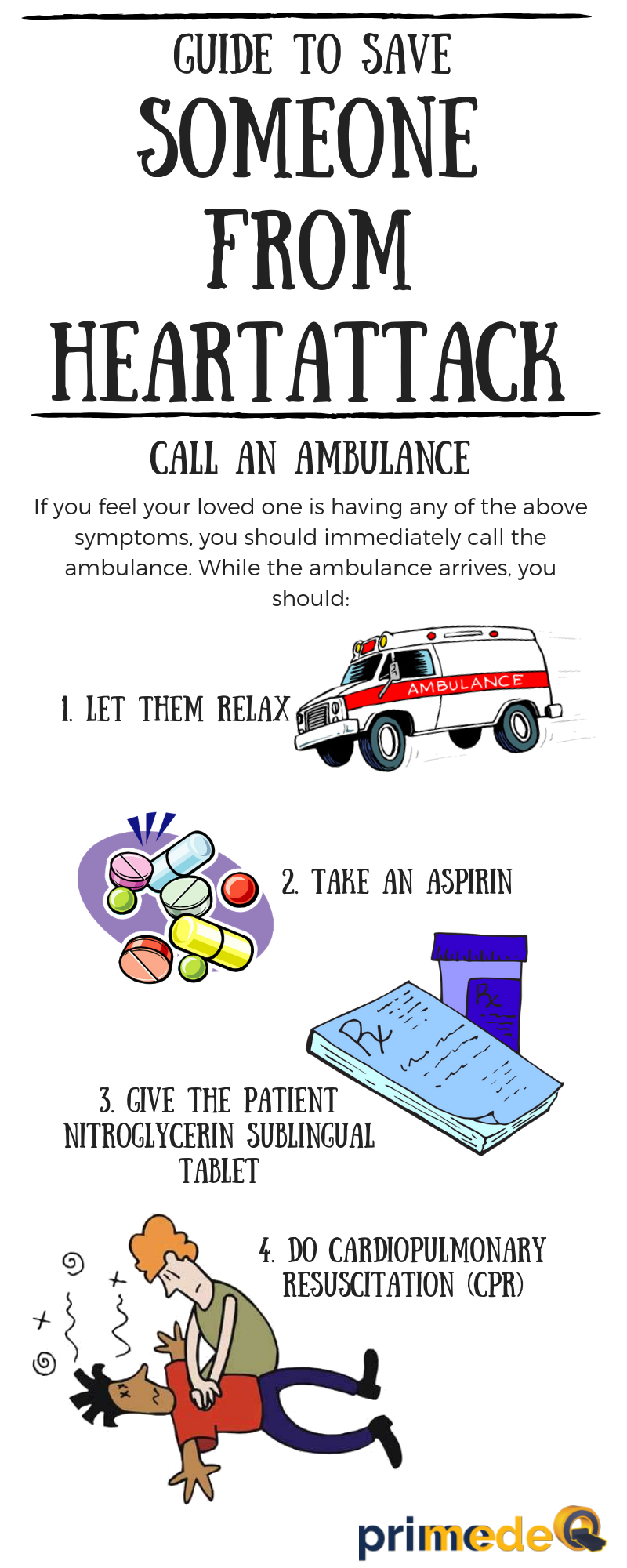What To Do When A Heart Attack
What To Do When A Heart Attack - Heart attacks are a serious medical emergency that require immediate attention. Knowing how to recognize the signs of a heart attack can save someone's life. In this post, we will provide tips, ideas, and how-to information on how to be prepared at home if a loved one has a heart attack or chest pain.
What is a Heart Attack?
A heart attack is a blockage or narrowing of an artery in the heart. It can cause damage to the heart muscle, which can be life-threatening. The symptoms of a heart attack can vary in intensity and duration. It is essential to recognize the warning signs and get medical assistance as soon as possible.
What Are the Symptoms of a Heart Attack?
Some of the most common symptoms of a heart attack include:
- Chest pain or discomfort
- Pain or discomfort in the arms, back, neck, jaw, or stomach
- Shortness of breath
- Sweating
- Nausea or vomiting
- Lightheadedness or dizziness
How to Be Prepared at Home
If you have a loved one who has a history of heart disease or is at risk, it's essential to be prepared for a heart attack. Here are some tips:
1. Have an Emergency Plan
Make sure you and your loved ones know what to do in case of a heart attack. Have a plan in place that includes calling 911, administering CPR if needed, and having a list of emergency contacts.

2. Keep Medications on Hand
If your loved one has prescribed heart medications, keep them stocked up and readily available. Make sure you understand how to administer the medication and any potential side effects.

3. Familiarize Yourself with AEDs
An Automated External Defibrillator (AED) can help restart the heart during a cardiac arrest. Familiarize yourself with the location and use of any AEDs nearby.

4. Learn CPR
Cardiopulmonary resuscitation (CPR) can be lifesaving during a heart attack. Learning CPR can give you the confidence to take action, and you may save someone's life.
5. Make Lifestyle Changes
You can help reduce the risk of heart attacks by making lifestyle changes. Encourage your loved ones to quit smoking, follow a heart-healthy diet, and exercise regularly.
What to Do if Someone is Having a Heart Attack
If you suspect someone is having a heart attack, act quickly. Here are some steps to take:
1. Call 911 Immediately
Don't hesitate to call 911. The quicker emergency services can get to your location, the better the chances of a positive outcome.

2. Administer CPR if Necessary
If the person is unresponsive or not breathing, administer CPR if you are trained to do so.
3. Give Aspirin if Possible
If the person is conscious and able to swallow, give them aspirin as soon as possible. Aspirin can help reduce the risk of blood clots and heart damage.
4. Wait for Emergency Services to Arrive
Stay with the person and wait for emergency services to arrive. Provide any information you can about the person's condition and medical history.
Conclusion
A heart attack is a serious medical emergency, but knowing how to recognize the warning signs and act quickly can save a life. Be prepared at home by having an emergency plan, keeping medications on hand, familiarizing yourself with AEDs, and learning CPR. And if someone is having a heart attack, don't hesitate to call 911 and take action.
Read more articles about What To Do When A Heart Attack
Post a Comment for "What To Do When A Heart Attack"